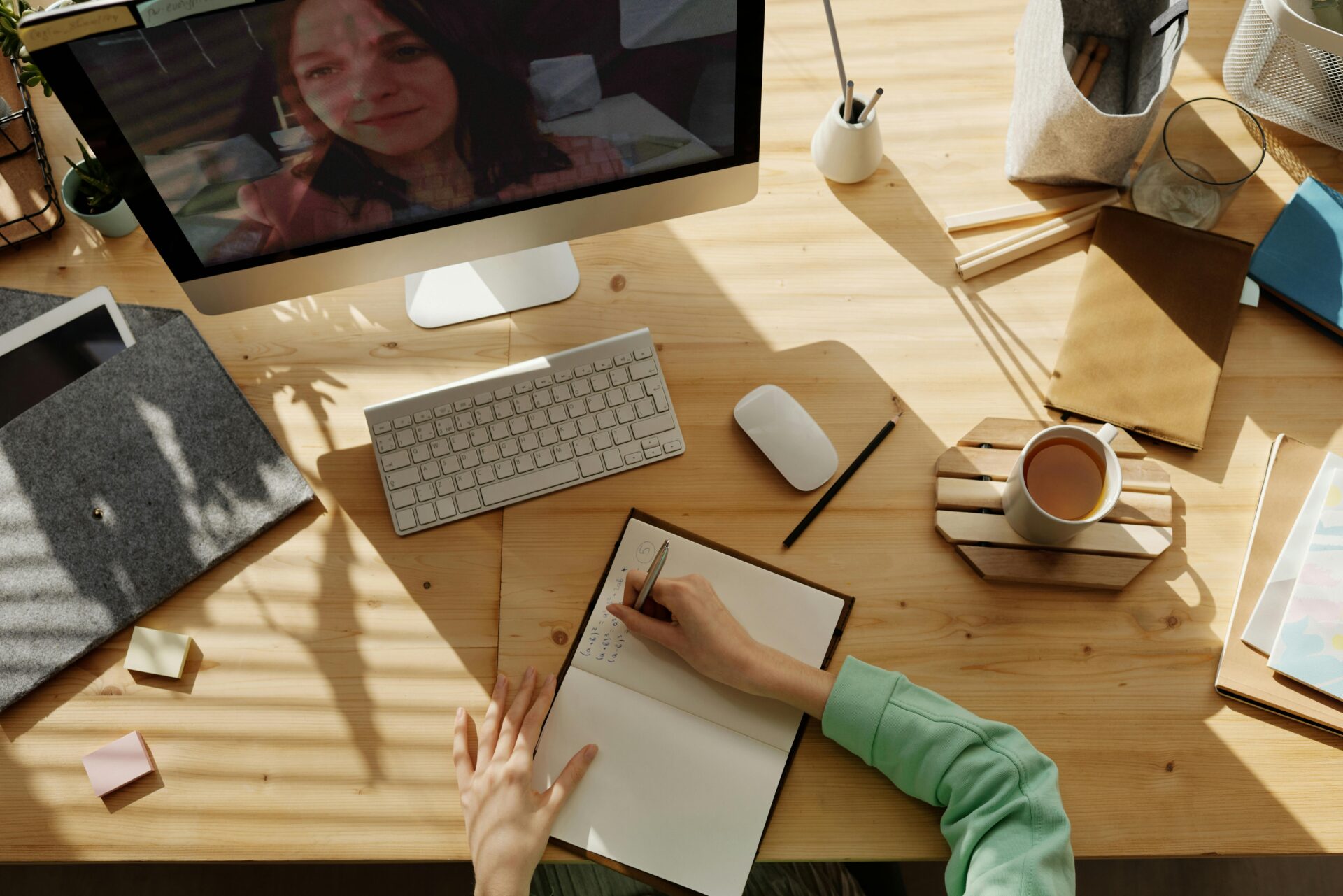Creating the perfect study space in your student housing is important for acing your courses, but it’s not always straightforward.
Between cramped rooms and noisy roommates, finding a place where you can really focus can be a real struggle.
In this blog, we’ll walk you through how to transform even the smallest of spaces into a study haven.
Choosing the Right Location
Finding the right spot for your study area is key because it can really make or break your concentration. For those at a university in a high-traffic zone, like those living in student housing in Boston, it can be hard to find a place that’s naturally quiet.
For example, setting up your desk near a less-used window in your room can give you the calm, sunny space you need, instead of trying to focus in the living room where everyone’s always coming and going.
When picking out your study spot, steer clear of the usual hangout spots like the kitchen or near the TV in the living room. These areas might be tempting because they’re familiar, but they’re also full of distractions.
Instead, try to find a nook or corner that isn’t a common pathway—like a part of your bedroom that’s away from the bed and TV. This helps create a “study zone” environment that can help align your brain so that it’s time to focus.
Furniture and Layout
Getting your furniture and layout right is a big deal for any study space—it can really affect how comfortable you feel and how well you can focus.
Start with a good chair that keeps your back happy and a desk that lets your arms rest comfortably; this can be a game changer, especially during those marathon study sessions.
Imagine sitting in a chair that actually fits you well and a desk that’s just the right height—no more aching back or cramped fingers after a long day of hitting the books!
When setting up your space, think about how you can move around easily. You don’t want to be squished into a tiny area, so give yourself some room to breathe. Students might find themselves in apartments without expansive square footage, especially in busy cities. Those living, for example, in student housing in San Francisco, might find it tempting to shove your desk against a wall to save space. Pulling it out a bit can help the area feel less cramped.
Try positioning your desk so you’re looking into the room or out a window. This not only makes your space feel bigger but also gives you a more open view that can help in the stress of studying.
Lighting and Temperature
Getting the lighting and temperature right in your study space isn’t just about comfort—it’s about keeping your brain in top gear, too.
Good lighting is key because poor lighting can tire your eyes out fast and make it hard to focus. Try to set up your desk near a window to soak up natural daylight, which is the best for your eyes.
For those late-night study sessions, a nice desk lamp that casts a warm, gentle light can make all the difference.
As for temperature, it’s tough to concentrate if you’re shivering or sweating. Most people find a room temperature of around 70-75 degrees Fahrenheit just right.
If you’re stuck in a room that feels like a sauna or an icebox, a little fan or a portable heater can be a lifesaver.
And here’s a tip: keep your desk away from direct blasts of hot or cold air, like right under an AC vent or next to a heat source—it can get pretty uncomfortable, and fast.
Join the Immerse Education 2025 Essay Competition
Follow the instructions to write and submit your best essay for a chance to be awarded a 100% scholarship.

Organizing Study Materials
Organizing your study materials does more than just tidy up your space—it streamlines your whole study process.
When each notebook, textbook, and pen has its own spot, you’re not wasting precious study time hunting for your calculus book under a pile of laundry.
A simple solution is to dedicate a bookshelf or a few drawers just for university stuff.
Use drawer dividers for small items like highlighters and sticky notes so you can grab them without a second thought.
Try to keep your actual workspace as clear as possible. Letting papers and books pile up on your desk can quickly make it feel chaotic, which is a recipe for distraction.
Instead, why not pin up important reminders or a project timeline on a bulletin board right above your desk? It keeps those essentials visible but organized.
And for all those loose papers, get a couple of labeled folders—one for each class or project—and pop them into a desktop file organizer. That way, everything’s at your fingertips, but your desk stays clear and ready for work.
Conclusion
Setting up the perfect study space is all about mixing comfort with practicality. By choosing the right spot, and keeping everything organized, you’ll not only boost your productivity but actually enjoy studying.
How can amber help you?
amber helps you secure student accommodation of your choice on your study abroad journey. Having served 80 million students (and counting), amber is your one-stop shop for all your accommodation needs. Download the amber app from the Google Play Store or App Store to book an affordable home for your adventure.
About author
Archit is an avid writer who is keen to get his doctorate. When not writing, he can be found reading, taking the metro and then questioning this decision, and haunting local bookstores.


























